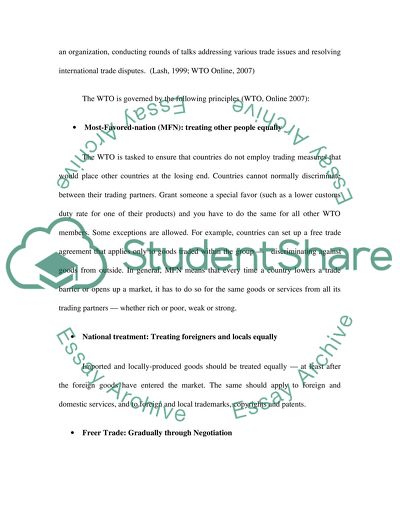Cite this document
(“An Analysis of WTO, European Union, China and the UK relations Essay”, n.d.)
Retrieved from https://studentshare.org/politics/1533922-an-analysis-of-wto-european-union-china-and-the-uk-relations
Retrieved from https://studentshare.org/politics/1533922-an-analysis-of-wto-european-union-china-and-the-uk-relations
(An Analysis of WTO, European Union, China and the UK Relations Essay)
https://studentshare.org/politics/1533922-an-analysis-of-wto-european-union-china-and-the-uk-relations.
https://studentshare.org/politics/1533922-an-analysis-of-wto-european-union-china-and-the-uk-relations.
“An Analysis of WTO, European Union, China and the UK Relations Essay”, n.d. https://studentshare.org/politics/1533922-an-analysis-of-wto-european-union-china-and-the-uk-relations.


